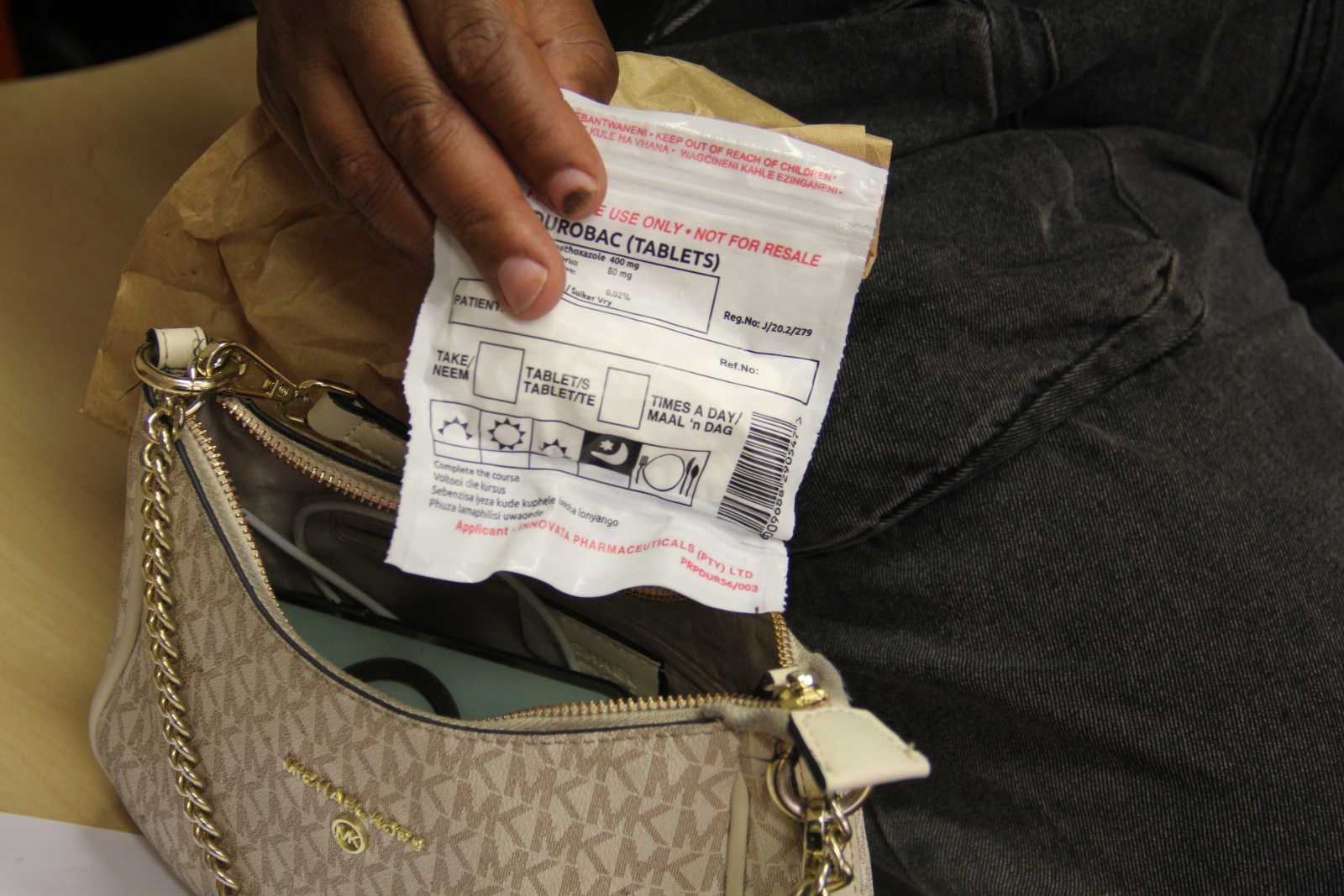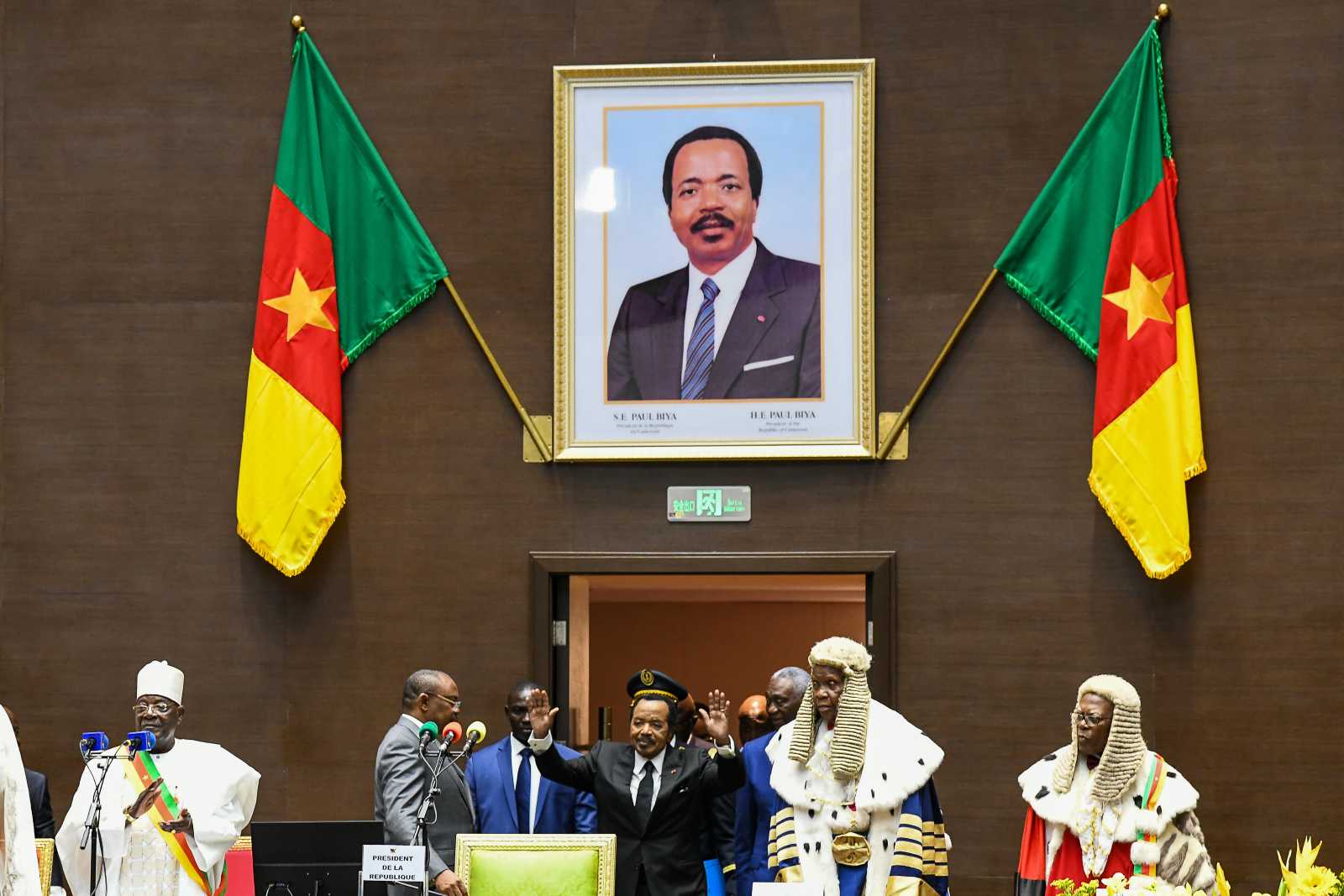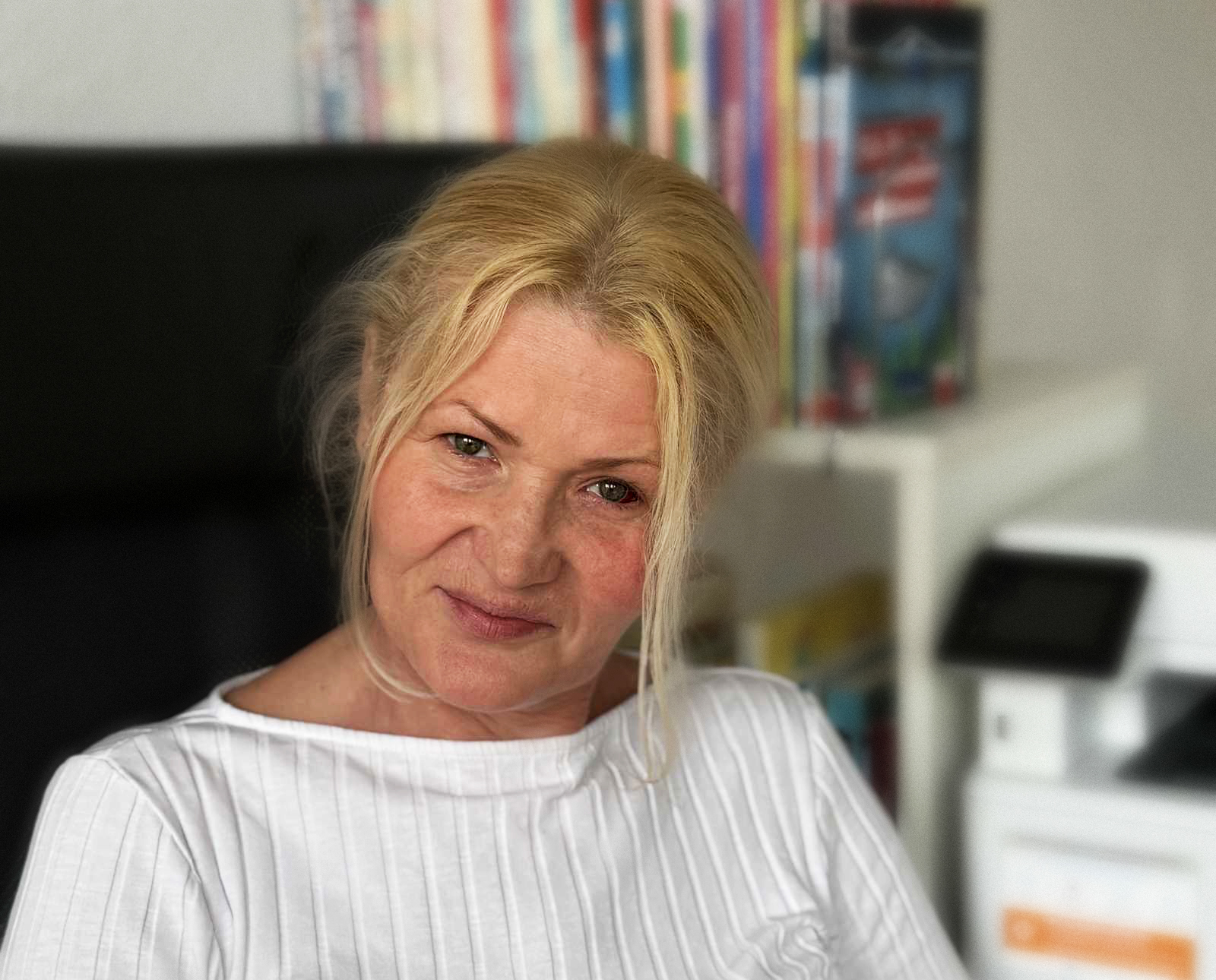Readers' opinion
Letters to the editor
Checks and balances
“The public doesn’t want to be fed fantasies”
D+C/E+Z 3/2008, p. 100
I could not agree more with Professor Collier’s assessment of the importance of technical assistance. Despite the progress made by donors in budget support towards donor harmonisation and the fact that budget support is attractive to donors,
I think Technical Assistance is very essential not only for fragile states but also many developing countries.
In most developing countries, monitoring institutions and systems either do not exist or are merely cosmetic. Typically, political systems are based on nepotism and cronyism, rather than merit and competence. All too often, those monitoring agencies that do exist are staffed with cronies and stooges.
Projects are therefore badly implemented, they do not serve their full purpose, their life span is shortened, and much of the funds are misappropriated. More money will not fix problems in this context, but technical assistance can do so. Donors should send experts to tackle governance problems and boost the capacity of the owners to assume full responsibility in developing countries.
Technical assistance can improve accountability and transparency, increase efficiency, and reduce corruption. It is important that where donors provide Budget Support, they should establish competent independent agencies to monitor and scrutinise the use of such funds. Governments in developing countries may not like this idea, but they need checks and balances, which, to date, are not sufficiently provided in domestic politics.
Ewald Garr, research and programmes development officer with
EVANG-GH (End Violence Against the Next Generation,
Ghana, a non-governmental organisation), Accra.
Not so focussed
“Successful commitment”
D+C/E+Z 7-8/2008; p. 296f
In their response to my essay on NGO aid in the May issue of D+C, Claudia Warning and Ralf Tepel argue that I'm out of touch with reality when using per-capita incomes as an indication of the need for aid. Apart from this being a standard feature of the whole aid allocation literature, I find it even more striking that Warning and Tepel themselves found it worth mentioning two paragraphs earlier that German NGOs spend some 20 % of their aid in LDCs. Per-capita income is one (of three) defining characteristics of LDCs according to the UN.
Furthermore, if the 20 % share is meant to show that German NGO aid is focussed on LDCs, I would like to alert the authors to the fact that about one third of all low and middle-income countries belong to the LDC category; the population in LDCs accounts for 14 (25) % of that in all low and middle-income countries, including (excluding) China and India. Maybe the focus is not as strong?
Finally, it's news to me that having “their own evaluation divisions” really proves the point that German NGOs love to be critically analysed. At least, they did not want us to analyse them; otherwise we would probably have got some support in data gathering which we requested various times.
Peter Nunnenkamp, Institut für Weltwirtschaft
(Institute for the World Economy), Kiel.
Misquoted
“Risky investments”
D+C/E+Z 7-8/2008, p. 272
In principle, I value D+C a great deal as a source of information for the German development community. But I find your representation of my viewpoints (p. 272) far less valuable because you abridged them. The result is plainly wrong.
The article states: “Jörg Faust of the German Development Institute (DIE-GDI) says there is clear proof of aid policies serving the 'self-interest and foreign policy of donor countries'.” I did not express myself that way. What I did state was more nuanced and thus, alas, less spectacular: In the past, until about the mid-1990s, development aid was often granted bearing donor interests in mind. But in recent years, development aid has been granted far more selectively, with a close eye kept on developmental criteria.
My assessment is obviously far less critical of donors than the one printed in your journal.
Jörg Faust,
German Development Institute, Bonn.
The editor reserves the right to shorten readers’ letters.







